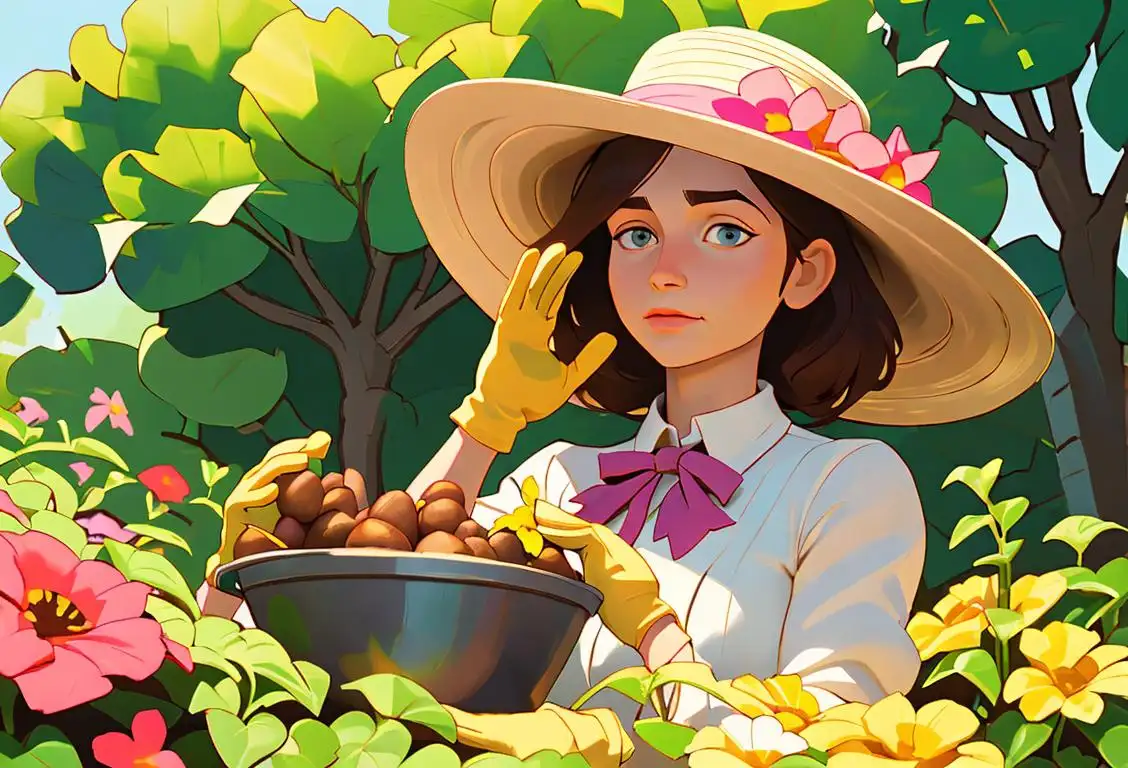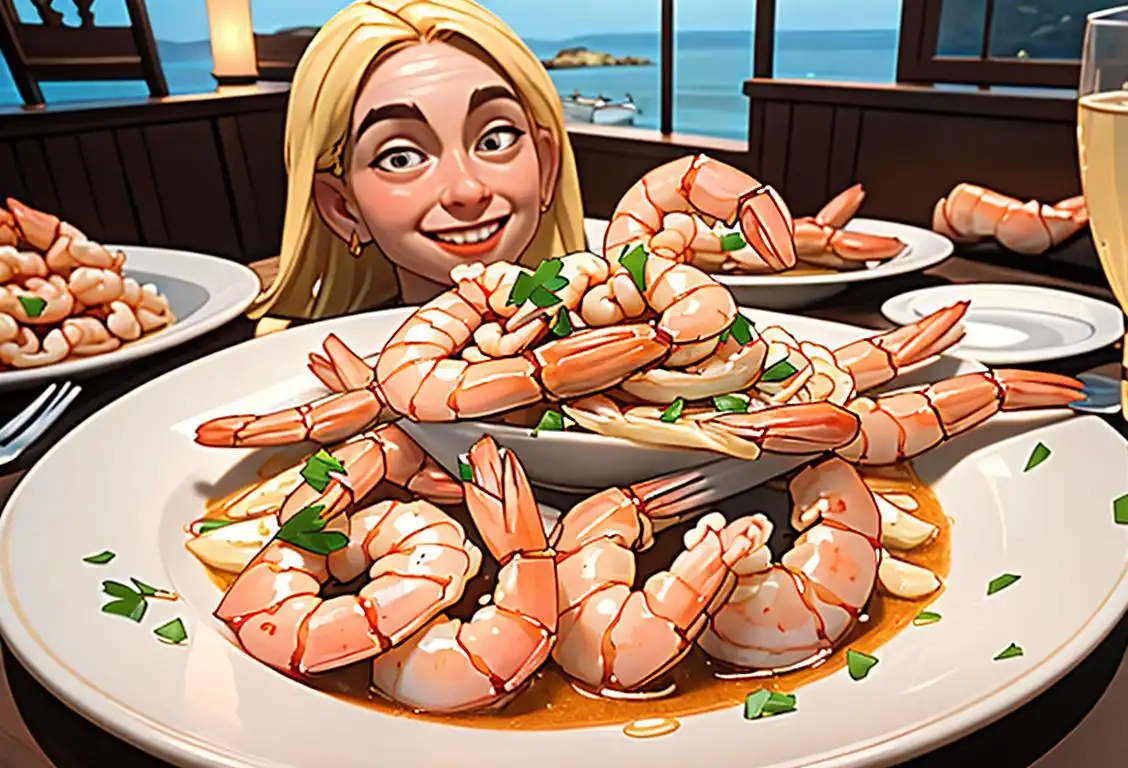National Potato Day

Put on your spuds and break out that peeler, because we're about to take an entrancing journey into the dappled fields of one of humankind's most loved and versatile underground treats - the potato. The quintessential garden underdog with a history as rich as its nutrients, the humble potato reigns supreme on August 19 every year, and it's not hard to see why.
When is Potato Day?
It's national potato day on the 19th August.
A Day to Celebrate Our Favoured Tuber
On August 19th, National Potato Day roots into our calendars, giving us the perfect excuse to indulge in our favorite starchy delights. Accompanied by the humble hum of peeling and boiling and the inspired madness of mashing and roasting, potatoes confirm their status as the kings and queens of kitchen transformation. With a glut of 10,114 references on our site in 2020 alone, it’s safe to say Potatomania is well and truly upon us.
Why The Fuss About The Spud?
Spanning centuries, potatoes have played a substantial role in human history. From the high Andean plains to the lush Irish countryside, the potato was there, providing a reliable food source. It's even been suggested that 'the Potato Revolution' is a thing that propelled our human ancestors to dwell in places once thought inhospitable. The marvelous potato is a veggie of starchy resilience, indeed.
I Say Potato, You Say Patata
Throughout the world, the potato has integrated itself seamlessly into myriad cuisines. Soft, succulent gnocchi in Italy, tangy patatas bravas in Spain, and cheesy rosti in Switzerland - the potato is almost as well-traveled as it is delicious. Why not honor our spudnik by cooking up your favorite potato dish on National Potato Day?
History behind the term 'Potato'
1536
Arrival in Europe
The potato arrived in Europe after the Spanish conquistadors brought it back from the New World. It was initially cultivated as a botanical curiosity, grown in royal gardens and showcased as an exotic plant.
1588
Introduction to Ireland
Sir Walter Raleigh introduced the potato to Ireland. It quickly became an important and reliable food source due to its high yield and ability to grow in diverse climates and soils. This led to a population boom in Ireland as people relied heavily on this nutritious crop.
1774
Discovery of Nutritional Value
Antoine-Auguste Parmentier, a French agronomist, promoted the potato's nutritional value and potential to combat famine. He popularized it by holding dinners where all dishes were made from potatoes, even desserts. Parmentier's efforts helped overcome resistance to this new crop.
1845
Great Potato Famine
Ireland suffered from the devastating Great Potato Famine, caused by a disease called late blight. The failure of the potato crop resulted in widespread starvation, disease, and mass emigration. The event had a profound impact on Irish history and migration to other countries.
1898
Potato Chips Invention
George Crum, a chef at Moon's Lake House in Saratoga Springs, New York, invented potato chips. It is said that he created them as a response to a customer who complained about thick French fries. Crum sliced the potatoes paper-thin, fried them, and thus the potato chip was born!
1951
Fiery Potato Batteries
During the Cold War, research at Bell Laboratories led to the creation of a potato battery. They discovered that potatoes could power small electrical devices like clocks. These potato batteries offered a unique alternative for remote areas or in emergencies.
1995
First Genetically Modified Potato
The first genetically modified (GM) potato, the NewLeaf potato, was developed. It contained a gene from the bacterium Bacillus thuringiensis (Bt) to protect it from potato beetle pests. GM potatoes have since sparked debates about food safety and ethics.
2008
International Year of the Potato
The United Nations declared 2008 as the International Year of the Potato to highlight the importance of this versatile and widely consumed crop in fighting hunger and poverty worldwide. It aimed to raise awareness about sustainable potato-based systems.
Did you know?
Did you know that in 1995, plants grown from potato tubers became the first vegetable to be grown in space? Talk about spudniks!Tagged
awareness food fun cooking potatoFirst identified
15th March 2015Most mentioned on
19th August 2020Total mentions
10114Other days
Potato Day
Spinach Day
Shrimp Scampi Day
Agriculture Day
Pumpkin Day
Medal Of Honor Day
Bacon Day
Foundation Day
Guac Day
Vodka Day








